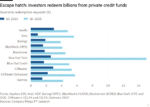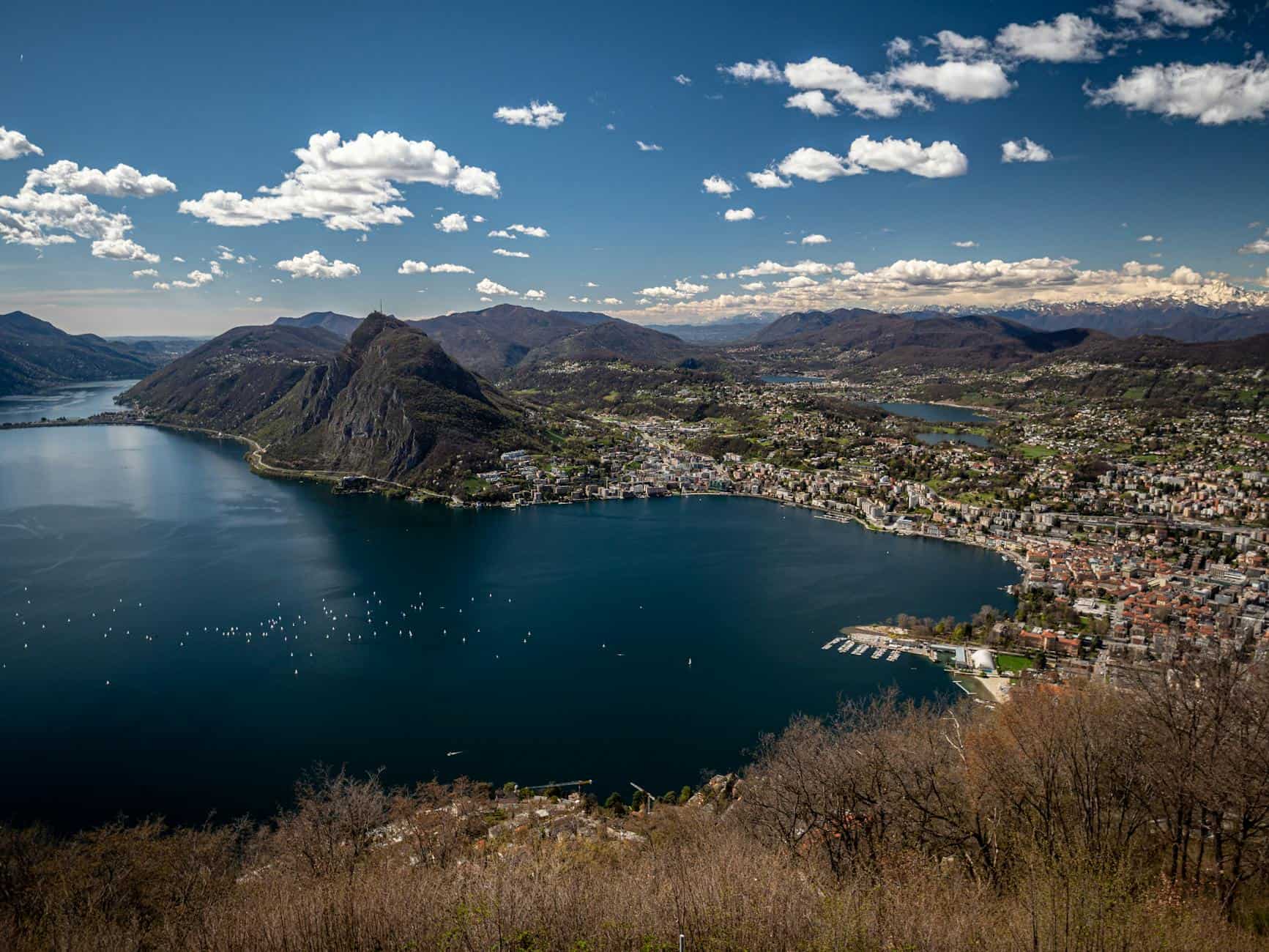Iranian elections have supposedly put a very nice ‘moderate’ spin on Iranian politics in parliamentary ranks, and more importantly, Assembly of Experts composition. While it would be churlish to deny, it represents a significant step forward for President Rouhani’s agenda to 2017, albeit a number of vital caveats remain for how real any political shift actually is. We’ll do the Parliament first, and then move onto the Assembly second. With a ‘grand finale’ of what it means for Iranian Presidential outcomes, and associated production profiles at the end.
The first point to flag on the Showra is that it still actually remains more Conservative than moderate in composition (both of which are obviously relative terms in Iranian politics given 12,000 candidates were already barred from standing by the Guardian Council). The final composition of the 285 seat body will only be complete in May 2016 once votes are counted and around 50 second round run-offs are completed where 25% thresholds weren’t reached. But broadly speaking, we can expect more conservative creep in rural areas given moderate gains have already been counted in urban areas. Most notably taking all 30 seats in Tehran. That accounts for the vast majority of the 40 scalps won by the last minute ‘Reformist & Government Supporters (RSG) coalition thrown together under a Rouhani umbrella. The group broadly consists of pragmatic conservatives, centrists, and a sprinkling of reformers that undoubtedly did better than expected. But ironically the main reason for that was rather than picking the ‘wrong’ pre-screening fight with the Guardian Council, Rouhani, Rafsanjani and Mohammad Khatami oversaw a very clever broad church ‘branding exercise’ that essentially lumped them all into the same moderate RSG camp.
Despite that, the Conservative Comprehensive Principlist Alliance (CPA) still holds 41 seats, with further gains likely to be made in rural areas. It’s entirely true; the harder-line Steadfastness Front lost considerable ground on the political right. But many of the spoils didn’t go into RSG pockets; rather independent candidates picked up 58 seats as an eclectic political bunch instead. So much for all the numbers here, what are the political implications in play? While this undoubtedly gives Parliament a more moderate slant than it’s had since the early 1990s, it’s vital to note that political parties don’t really exist per se in Iran, but merely constitute loser coalitions and groupings. Moderates won’t ever vote as a unified bloc, which means Rouhani will have to keep tweaking his agenda to secure votes, and essentially still work with stauncher Conservative elements. In Western parlance, this is basically a ‘hung parliament’. In Iranian parlance, it’s a reasonable political balance where endless ‘camel-trading’ should allow for progress beyond hard line intransigence to be made. No more, no less. On no counts is this a ‘liberal panacea’.
Indeed, things get far more interesting when you turn to the Assembly of Experts. The headline news for the 88 member body is the conservative chair of the Assembly, Mohammad Yazdi and arch conservative Mesbah Yazdi, both lost their seats, while Rafsanjani, pragmatic cleric, Mohammad Emami Kashani and Rouhani himself, all got in as the leading names amongst Tehran’s 16 Assembly candidates. That matters not only because the body sits for eight year terms, but because ‘formally speaking’, it’s the primary organ responsible for selecting the next Supreme Leader (Rabhar) when Ayatollah Khamenei’s health gives out. A near certainty within the eight year window we’re looking at here. The naïve spin is this gives ‘moderate’ voices far more clout when the time comes. But a more realistic discussion of how that unfolds, actually reveals the true nature of the regime, and why recent elections don’t shift the political needle that much. Again, the first point to note is you have to separate what the Iranian Constitution formally states, and who’s actually going to calls the shots.
Sure, the Guardian Council, Expediency Council, the Assembly of Experts and even the sitting President will all have a say on the next Supreme Leader. But the fundamental power behind the ‘theocratic throne’ is ultimately going to be the Revolutionary Guards who’ll be working hand in hand with Khamenei to eventually anoint a successor. For some, that could portend a ‘collective leadership model’ where the Guards basically orchestrate a silent coup at the top towards ‘leadership by committee’. For others (and in our view a more realistic call), is any future leader will merely be far weaker than Khamenei to make sure any new Ayatollah is ultimately answering to the Guards, not the other way round.
| Where Mr. Rouhani comes back into that loop, is far from directly challenging that outcome, he’s ultimately likely to quietly support it. For all the liberal pledges made in 2013 to ‘de-securitize’ Iranian politics, Rouhani comes from (and remains) part of the security establishment; aka he’s not any kind of threat to it. Any reform based impetus is entirely designed to prolong, reinforce, and if needs be, reinvent, the ‘revolution’ to maintain the status quo. That’s precisely why the Guards made its Faustian pact to push to the nuclear through with Rouhani, provided the core commercial (and ultimately political), gains ended up in their pockets. Strip away the ‘moderate gloss’, and the Guards remain the ‘political undercoat’ of the regime, with an extensive grip on business, military, and intelligence pallets across the board.
For our sharper readers, that presents a very interesting question for what Rouhani does next. Both in relation to the never ending ‘IPC saga’, and indeed the associated issue of 2017 Presidential elections. Being deeply cynical, as much as Rouhani has just given hard-liners a good electoral kick in the head, he’s arguably tightened the political noose around his own neck in the process. At this stage, Rouhani has absolutely no excuses if he can’t prove that nuclear opening was the way to go ahead of Presidential polls in terms of big ticket investments into the Islamic Republic. He has the green light with the IAEA; to casual observers, he has the green light from ‘a new look’ Parliament that shouldn’t throw too many spanners in the FDI works. He even has a say in the succession debate, both as sitting President, and securing his seat on the Assembly of Experts. But in reality, his political window is very short here. Unless Rouhani can finally get the IPC ‘to market’ by May 2016, currently stuck in deep political weeds between the drafting committee and NIOC who can’t agree on credible terms in a low price environment, we think the President will have no choice but to ditch any hope of the IPC coming through, and start brokering bilateral deals instead. |
Tags: commodities,Emerging Markets,Politics





























